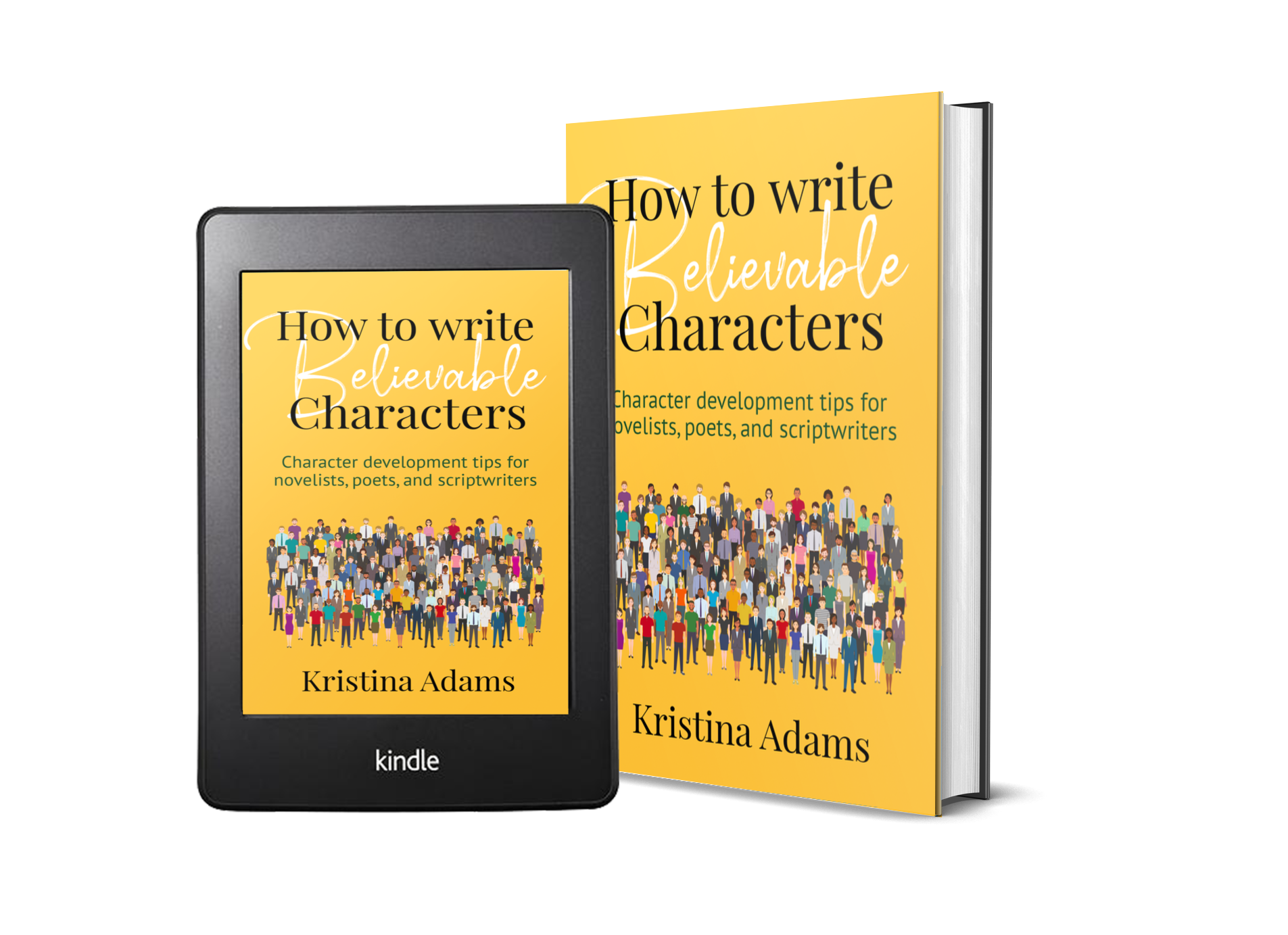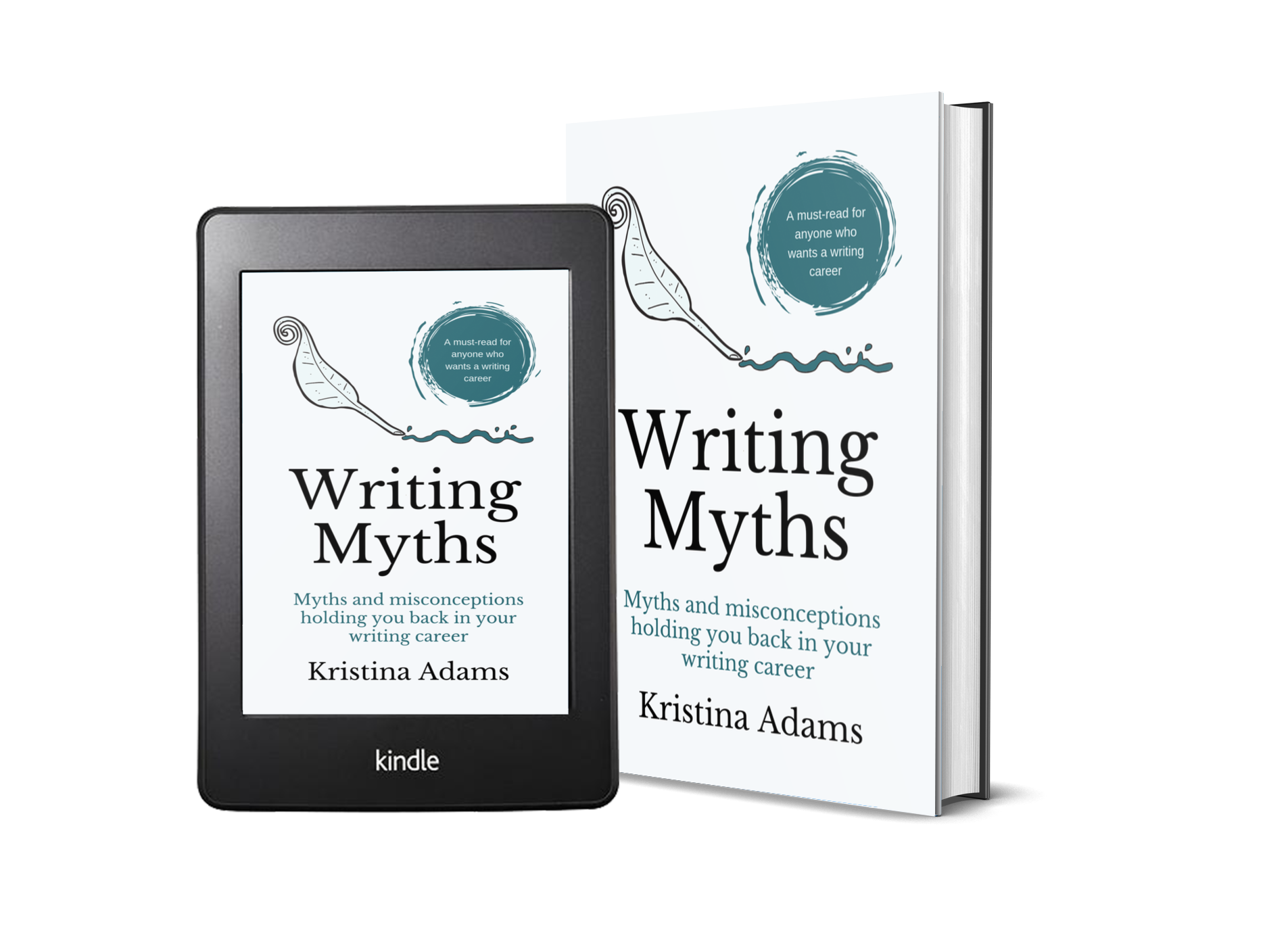In the winter of 2015, I was in the middle of rewriting What Happens in New York.
And then I realised I had to rewrite it again.
I was so, so angry.
I’d spent months reworking on it only to realise I had to make more dramatic changes.
But I knew that if I didn’t, I’d regret it.
So I scrapped about two thirds of what I’d written, and started again.
Overall, I changed the plot/structure of the novel more times than I can remember. I could’ve probably finished it much sooner if I’d had a clearer structure when I began.
But that’s one of the many lessons I learnt in the year that led me to publishing What Happens in New York. (More of which you can find all over this blog.)
How to Rewrite Your Novel

You may be going through a similar process to what I did in 2015. You may have readily accepted that you need to rewrite your novel but not know how to proceed, or you may be in denial that you need to make any changes at all.
Whichever stage you’re at, here are some tips for rewriting your novel.
Know why it needs changing
Before you do anything else, you need to know what’s wrong with your manuscript.
Why does it need changing?
How will rewriting your novel improve it?
Is there anyone you could speak to that can offer you some guidance before you proceed?
Writing workshops can be a really useful way to get some objective feedback on areas you’re unsure of.
Be sure that the reason you’re rewriting your novel isn’t because of your lack of writing confidence, but because your story will be stronger in the long run.
If you think it might be a confidence thing, take a break, jot down any ideas that you have, but don’t actively work on your manuscript. Wait until your fingers are itching to reopen Scrivener (or Microsoft Word if you insist on using that). Then return to it.
If that day never comes, you don’t care enough about your story to continue with it. It’s time to find a new project. See that as a blessing—there’s no point wasting your time on a project you don’t care about enough to finish. Life is short. Spend it sharing stories you care about.
Mourn the old version, then let it go (it gets easier with time)
We often forget that we can mourn more than just a person.
We mourn relationships, friendships, jobs, and yes, manuscripts we’ve poured our heart and soul into.
Writing has to be a labour of love, or your readers won’t connect to your characters.
But to succeed and get anywhere in the writing world, you also have to be practical.
You can’t just write what you want to write. Sometimes you have to write what you need to write, and if that means destroying your novel and starting again, then so be it.
Plan what you want to do
Learn from my mistake. Plan, plan, plan!
The more you plan, the harder it is to get stuck. And the chances are, even if you do plan out what you want to write, you probably haven’t planned out as much as you think you have (this is a mistake I’ve made several times).
My favourite book about plot is Save the Cat. Its lessons in plotting apply just as much to writing fiction as they do to writing screenplays.
There are also genre-specific books out there that help you to work out the genre conventions. If your book spans several genres, check out the books for each of your genres to help you weave the genres together.
And if you think reading these kinds of books will mean you fall into tropes and bad writing habits, remember that you can’t break the rules until you know what they are 😉
Just write
I know you probably don’t want to write at the moment. You probably hate yourself. But once you get past that barrier—and I know, it’s a tough one—but once you get past it, you’ll feel SO MUCH better. Promise.
Accept sometimes you need to rewrite and rewrite and rewrite
Most of the writing process doesn’t involve writing.
It involves rewriting, redrafting, editing, and a range of other things in the periphery of writing.
I used to hate all of these things. The more I do them, the more I accept them, and, dare I say it—like them.
It is possible for something you hate to turn into something you love, if your desire to reach your end goal is stronger than your hatred of the parts that you don’t like.

Over to You
What made you realise your had to rewrite your novel? What are your tips for doing so? Share your stories in the comments below and let’s help each other get through it!








I have published my Book “The Brothers’ Coin”
I want to rewire my novel, and republish ..
Have you ever head of this ?
Thank you
Don Beaton
My best advice: do not dwell on a novel that you feel did not meet your expectations or was received poorly by readers. Always write another book. Always keep that forward momentum going. Take what you’ve learned from writing a poorly received book, fix all the faults and apply that knowledge to your new project.
Once you’ve gained some traction in writing better, more refined novels, then you can go back and rewrite, republish or even shoot your luck in finding literary representation. You do not know unless you try.
Good luck to whoever reads this post, and also, great article.
I realized, after working on my novel for 3 years, that some points did not go well together. Now I know that next time, I better have a plan before I start typing things and hoping it eventually ties back together.
THANK YOU SO MUCH for writing and posting this article. I am feeling incredibly demoralised after having to expunge great rafts of my current novel. The whole time I had little voices warning me, then I got feedback and the voices were right all along. It’s given me a bit of anxiety and ‘shyness’ about my MS since I’m worried about it happening again, but after the thaw, I’m confident it will have been for the best. You’ve given me much more hope, thank you again.